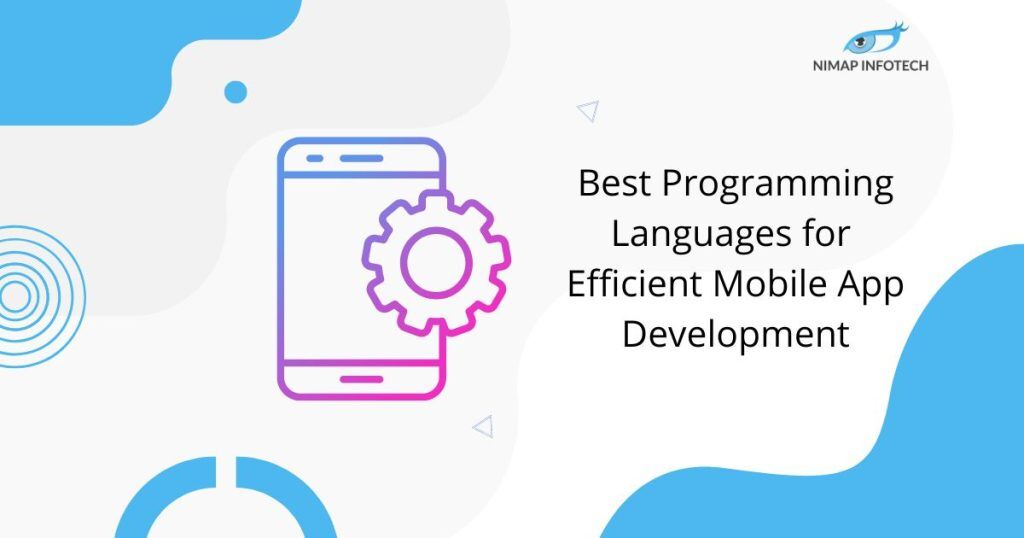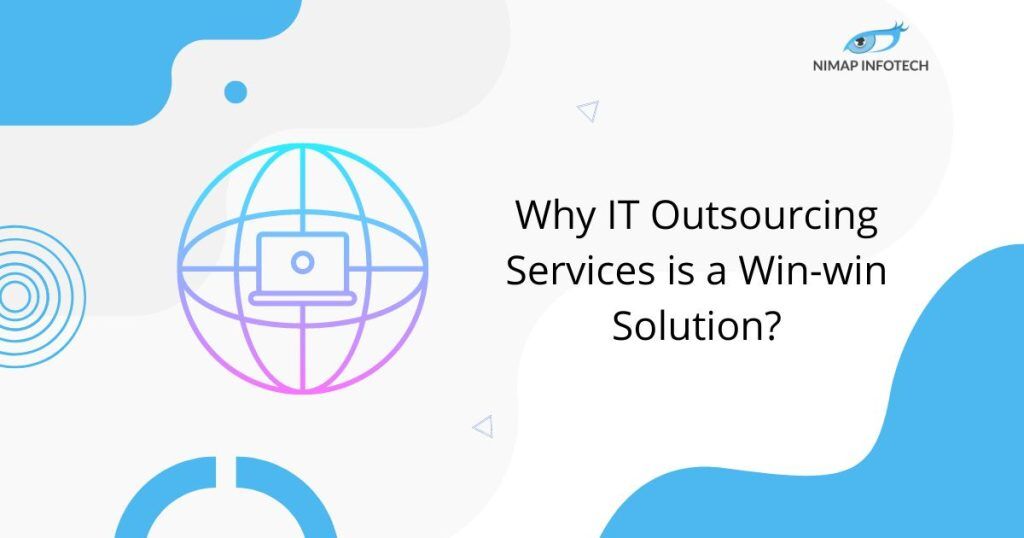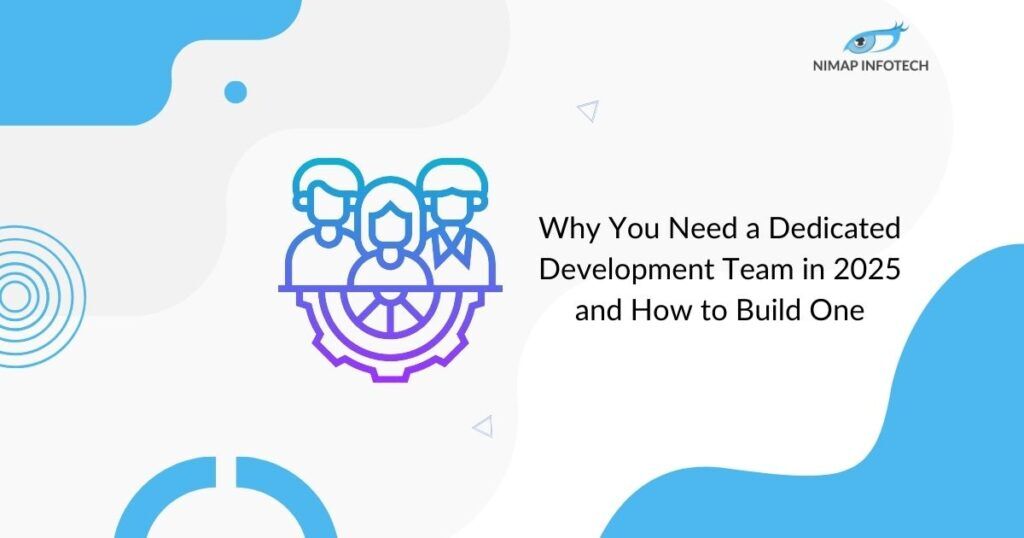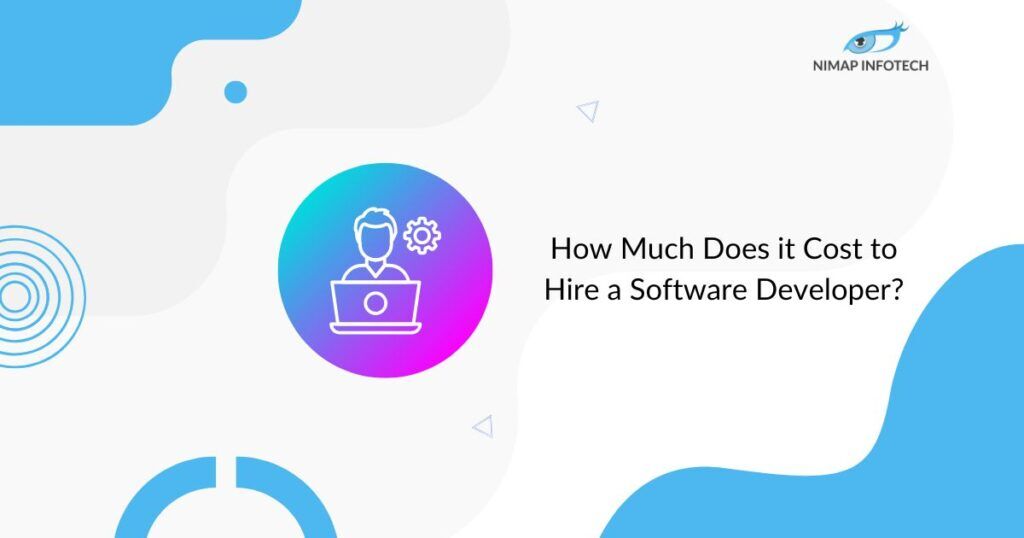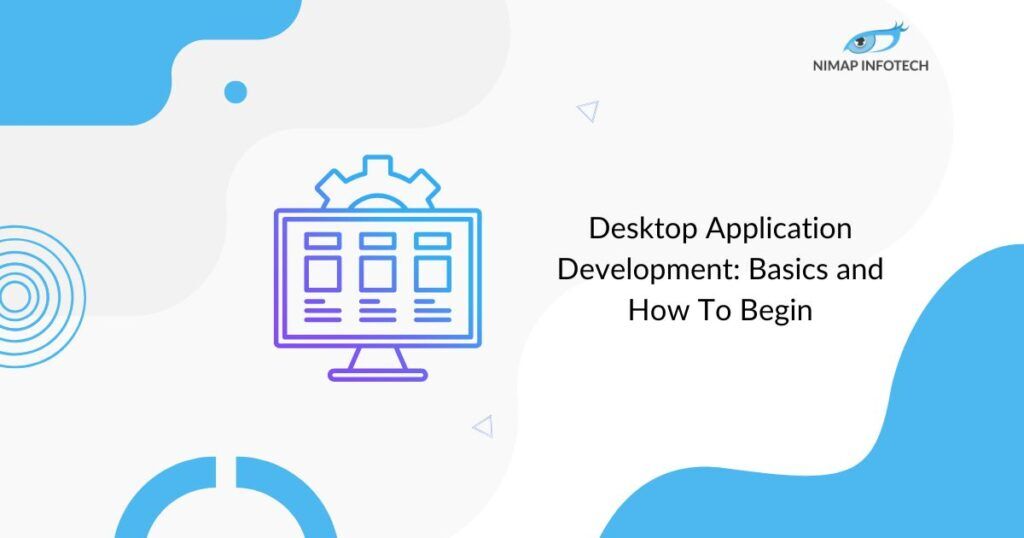To enable or install a seamless mobile app development programming language in your mobile app development process requires a systematic and strategic approach. A mobile app development project’s optimal language choice is a crucial business choice that necessitates careful technical analysis and knowledge. The choice of programming language significantly influences the project’s expenses, development time, success, and long-term maintainability. Top programming languages are primarily used in creating commercial websites, alongside mobile applications, to create high-quality mobile applications. Conversely, some are versatile across domains. For instance, .NET suits multi-platform software. Which language is ideal for app development?
Table of Contents
ToggleExploring the Best Programming Languages for Efficient Mobile App Development
This article on best programming languages for efficient mobile app development is designed to provide a thorough overview of the pros and downsides of prominent programming languages that are frequently used in mobile app development, allowing you to make an informed decision. However, you can get mobile app development services from Nimap if you have an app development idea but are unclear about which programming language will best serve your needs.
As we begin to tread lightly on the technological frontier, the field of mobile app development is still expanding quickly. Welcome to the ever-changing world of mobile app development, where creativity knows no bounds. The digital age is changing at an astounding rate, with innovations like generative AI, blockchain, and the mind-blowing metaverse.
Furthermore, these cutting-edge technologies are altogether redefining the field of mobile app development. Programming languages are essential for creating reliable, user-friendly apps. The foundation of contemporary technologies has expanded to great heights as we see customer software development, robust app development, iOS app development, Android app development, enterprise app development, etc., all of which require a specific set of programming languages.
Additionally, companies and developers need to keep up with the latest versions of the most widely used mobile app development languages as technology advances. You can learn more about the top programming languages for creating mobile apps that surpass digital requirements with the aid of this blog.
Swift
Apple created Swift, a mobile app development programming language. It is a flexible, multi-paradigm language with imperative, object-oriented, block-structured, and functional features. Swift is a dependable option for iOS app development as it ensures smooth interaction with Objective-C codebases. Swift’s mobile app development design places a high value on interoperability with different Apple products, which streamlines the development process. Swift’s primary differentiators (USPs) are as follows:
Pros:
This is an iOS native. It is used as the primary language for creation of iOS app development. Swift’s speed is well-known. Security – Has a robust type system that decreases runtime errors.
Cons:
Exclusively relevant to iOS app development programming. Reduced community size, fewer third-party libraries and resources.
Kotlin
Kotlin is a statically typed, general-purpose mobile app development programming language. Combining object-oriented and functional programming features, it is widely regarded as the best programming language for mobile Android app development. Beyond its popularity in mobile development, Kotlin is also used to build multiplatform and server-side applications.
Pros:
Kotlin is ideal for developing top-notch mobile applications that are Android-friendly and gaining traction as a Java substitute. Effortless connection using Java. Less code is needed than with Java.
Cons:
Kotlin Android app development programming language exclusively related to Android. Has a reduced community size and a smaller development community than that of Java.
Also Read: PHP vs Python: Choosing the Right Language for Web Development
Python
Another top-notch Android app development programming language is Python. Renowned websites like Reddit and Uber are powered by Python, a flexible programming language for creating apps. Its cross-platform compatibility guarantees seamless use on a range of devices and platforms. Python’s multithreading capability and cross-platform app development feature aim to enhance the performance of concurrent request management. Being a beginner-friendly and easy-to-understand mobile app development process, its syntax makes it an excellent option for those who are new to programming. A plethora of resources are available to address questions during the app development process, thanks to the active community support.
Java
Java ranks as the top mobile app development language, excelling in creating high-quality mobile applications. As we talk about Java’s flexibility and low weight, it is an excellent option for a wide range of online applications. Java has been around for more than 25 years, and because of its robust security features and ease of managing large datasets, it is a core technology in many different fields. Java’s ‘write once, run anywhere’ architecture, which facilitates smooth operation across a variety of platforms, is a critical component in its ongoing success. This portability is crucial in areas where operating systems and hardware vary widely.
Pros:
Java precisely prevails over the mobile app development processes. It’s an ideal fit for perfect Android app development. Follows a sophisticated programming language with a robust ecosystem.
Cons:
It’s learning can be difficult for novices to comprehend Requires more code in comparison to today’s languages.
Cross Platforms
Cross-platform applications suggest hybrid apps. Mobile app development processes ensure a seamless user experience on both iOS and Android platforms. The main programming languages used under cross-platform app development include HTML, JavaScript, ReactJS, Python, and others. Cross-platform apps require a framework with an engine to convert code into native parts for each OS.
Native App Development
A native app specifically designed for a platform leverages its unique features and capabilities. To develop a native app, you must incorporate the use of cross-platform application development languages that utilize the distinctive operating system coding. This method effortlessly combines cutting-edge, optimized technology with cutting-edge breakthroughs like cloud-based mobile app development, online app comparisons, and GPS integration, enabling native apps to realize the full potential of the device. The chosen cross-platform determines the native app development languages available for use.
Flutter
Google created an open-source UI toolkit called Flutter that allows developers to create natively built desktop, web, and mobile applications from a single codebase. Flutter’s primary programming language is Dart, which Google also created.
Pros:
Cross-platform App Development
Flutter enables programmers to create code only once and have it run on a variety of platforms, such as desktop, web, iOS, and Android. As a result, developing a cross-platform mobile app no longer requires as much time or effort, nor do distinct teams or codebases.
Quick and Highly Configurable UI
Developing a top-notch mobile application is hassle-free now. Flutter provides a vast array of premade UI elements known as widgets, which let programmers design aesthetically pleasing and incredibly flexible user interfaces. Flutter’s “hot reload” feature speeds up development by enabling real-time code updates.
Cons:
Learning Curve
Although Dart’s syntax is comparable to those of other widely used languages, it may take some time for developers who are unfamiliar with it to become acquainted with its concepts and features.
Restricted Libraries and Integrations
The Flutter ecosystem can have fewer libraries and integrations accessible than that of more well-known languages like Java or Swift.
C++
C++ is a potent low-level programming language for creating native mobile applications. It allows for performance optimizations and direct access to device hardware. Games and other apps requiring direct access to hardware features are examples of resource-intensive apps that work best with C++. Mobile app development technology breakthroughs and shifting customer needs are driving the ongoing evolution of mobile application programming languages. The ideal Android application development language for developing mobile apps relies on the platform, the functionality, and the project’s commercial objectives, just like it does for any other kind of software development. Developers need to keep up with developing languages, frameworks, and new technologies as mobile devices become more powerful and diverse. Choose a mobile application development business that monitors current trends and explores new technologies before working with them. They will be in the best position to offer new mobile applications that use cutting-edge technology.
Read More: How to Choose the Best Mobile App Development Company
Bring Your App Idea to Life: Hire Top Mobile App Developers
Hire a Skilled and dedicated team of mobile app developers from Nimap. Our expert team of mobile application developers will bring your concept to life and create complex apps with unmatched features by combining incredible user experiences. Hire dedicated mobile app developers who possess advanced knowledge of both Native and Cross-platform mobile development technologies to obtain output of the highest caliber. With value-driven and user-focused mobile applications, you can shrewdly overcome the fierce market rivalry and offer your company and brand a significant boost. Our trained app programmers have worked on a variety of scalable and secure mobile app solutions. Hire a mobile app programmer to create a new app from the start, re-engineer an existing app, migrate your app, or update the OS version of your current app.
Author
-

Sagar Nagda is the Founder and Owner of Nimap Infotech, a leading IT outsourcing and project management company specializing in web and mobile app development. With an MBA from Bocconi University, Italy, and a Digital Marketing specialization from UCLA, Sagar blends business acumen with digital expertise. He has organically scaled Nimap Infotech, serving 500+ clients with over 1200 projects delivered.
View all posts

